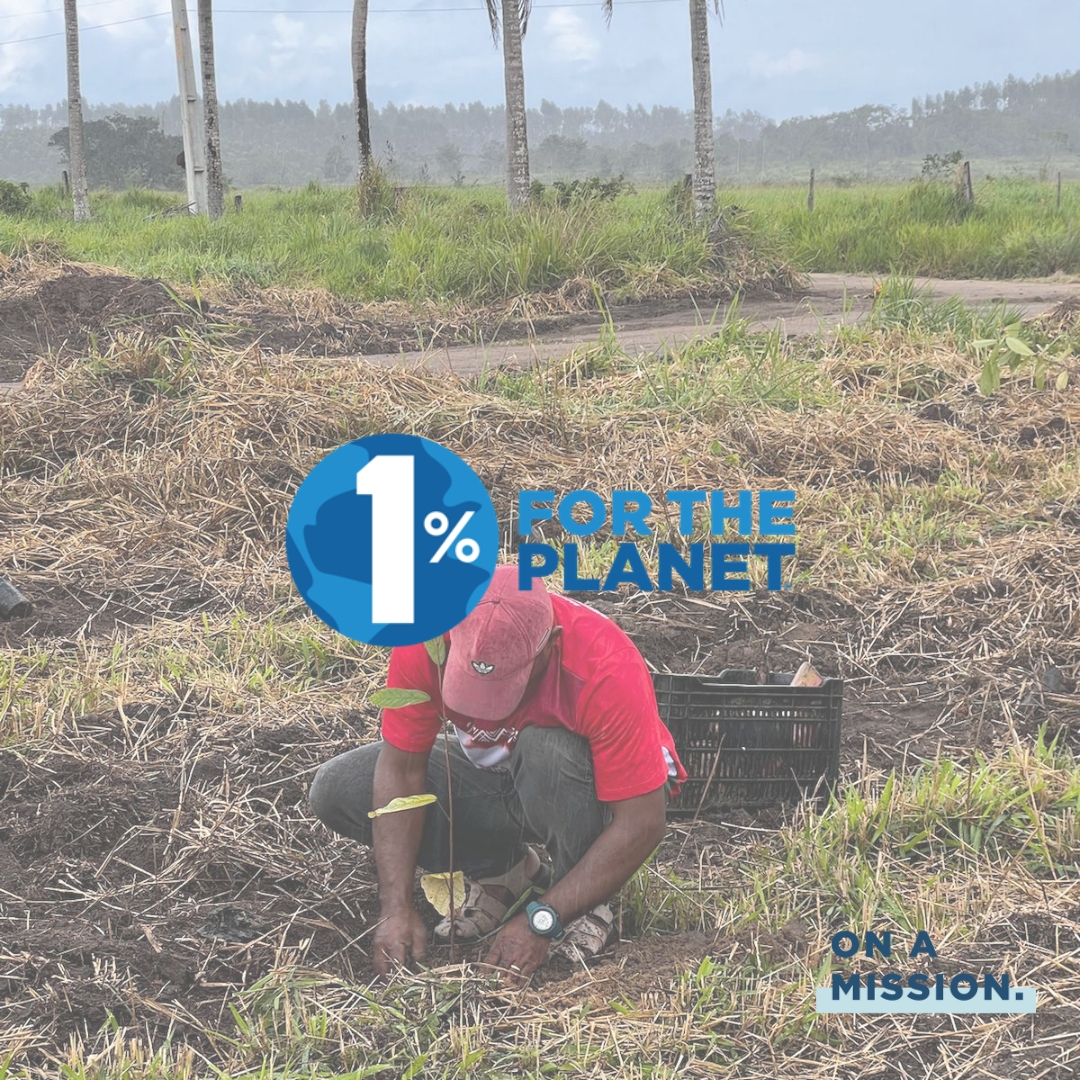Why Biodiversity Belongs in Boardroom Strategy
For too long, biodiversity has been viewed as an environmental issue, something to protect “out there.” But the truth is, it’s a business issue. Ecosystem health underpins everything from raw material supply to food security, climate stability, and even financial performance.

Nature is not an external stakeholder. It’s the foundation on which every business operates.
The Materiality of Nature
When companies assess risks, they often focus on financial metrics, regulatory changes, or market trends. But what if the greatest risk is ecological collapse?
A recent World Economic Forum report ranks biodiversity loss and ecosystem collapse among the top global threats to business and society. For industries dependent on agriculture, forestry, tourism, or supply chains, declining biodiversity isn’t abstract, it’s a material risk.
Deforestation, degraded soil, and collapsing fisheries directly affect production costs, supply reliability, and brand resilience. In other words: If nature fails, business fails.
Why Forward-Thinking Companies Are Paying Attention
Some of the world’s most progressive companies are already reframing biodiversity as part of their risk management and value creation strategy.
- Food and beverage brands are investing in regenerative agriculture to secure long-term supply chains.
- Energy and infrastructure companies are restoring ecosystems to meet new regulatory disclosure standards.
- Consumer brands are linking each product sold to a measurable nature-positive outcome, like reforestation or coral restoration.
The conversation is shifting from “how do we do less harm” to “how do we restore the systems that sustain us.”
From Risk to Opportunity
Investing in biodiversity isn’t just an act of responsibility, it’s a competitive advantage. Healthy ecosystems mean stable operations, more loyal customers, and a future-proof brand.
At ON A MISSION, we help companies translate biodiversity commitments into tangible action through community-led reforestation and ecosystem restoration. Each tree planted in Tanzania, Brazil, or Papua New Guinea supports local livelihoods and rebuilds critical biodiversity corridors.
Your business can be part of this movement by making a simple, measurable commitment to restoring nature.
Where to Start
- Recognize nature as a key asset - not just a CSR checkbox.
- Assess your impact and dependencies - where does your supply chain rely on natural systems?
- Invest in restoration - link your business growth to ecosystem recovery.
- Tell your story - your customers and employees want to see purpose in action.
Your business has the power to create visible, lasting climate impact. Partner with ON A MISSION to turn your operations into reforestation and biodiversity gains.
Reach out to Rob (rob@onamission.world) to explore a partnership


